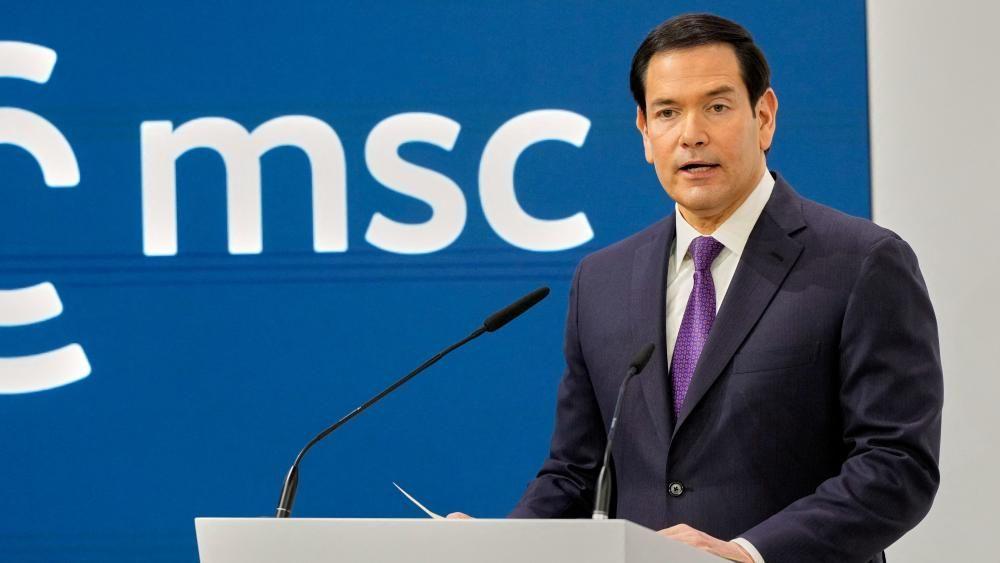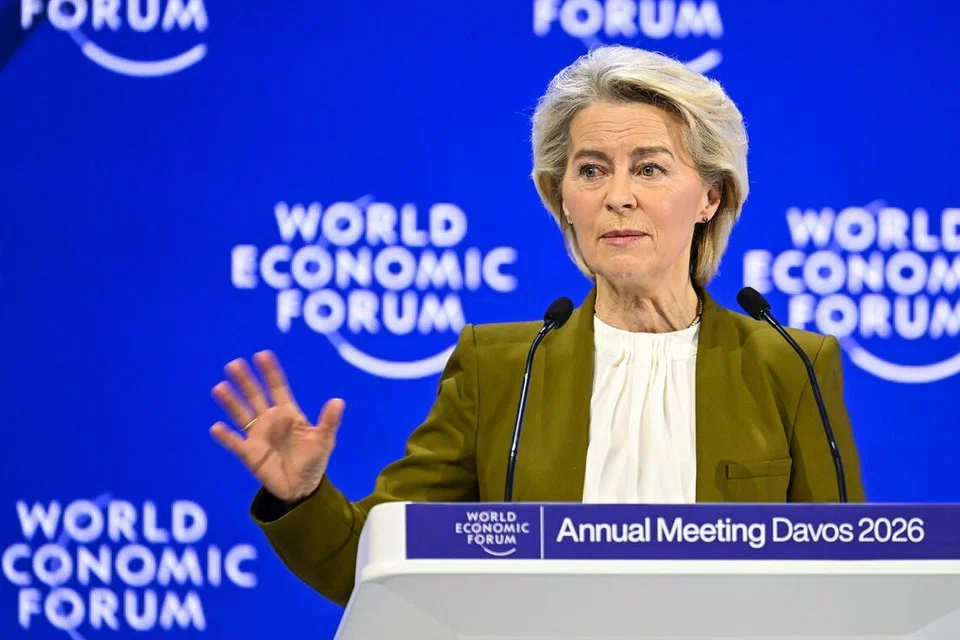Global Powers Brace for Escalation: Ukraine War Drifts Towards 'Crimes Against Humanity'

A recent report by the UN Independent International Commission of Inquiry on Ukraine has revealed that Russia has systematically used drones to target and attack civilians near the frontline in Ukraine, driving them from their homes in what constitutes a crime against humanity through the forcible transfer of population. Based on extensive interviews with 226 individuals, including victims, witnesses, and aid workers, as well as verified online videos, the commission found that these attacks, occurring over more than a year in three southern Ukrainian regions, were part of a deliberate policy. Civilians, like one woman in Kherson pursued and injured by a drone before her home was struck twice more, have been hounded for long distances, sometimes attacked while seeking shelter. Despite Russia's denials of intentionally targeting civilians, thousands have openly been killed, with previous reports from The Guardian detailing "safari" hunts by Russian drone operators. While Ukraine has also occasionally struck civilian infrastructure in Russia and Russian-held territories, these incidents are on a much smaller scale and typically justified by the targets' direct or indirect support for the war effort.
On the ground, fierce fighting continues, particularly in Pokrovsk, where Ukrainian forces are strengthening their positions against approximately 200 Russian troops who have infiltrated the city in small groups. Russia has been attempting to occupy Pokrovsk for nearly a year without a decisive breakthrough, with its defense ministry claiming advances near the train station. The open-source mapping project Deep State indicates a reduction in Ukrainian control southwest of Pokrovsk. The Institute for the Study of War (ISW) assesses that while Russian forces are making tactically significant gains near and within Pokrovsk, these do not signal an imminent collapse of Ukrainian defenses. This contradicts likely false, exaggerated claims by Russian army chief Gen Valery Gerasimov regarding the encirclement of Ukrainian troops. Ukrainian President Volodymyr Zelenskyy acknowledged the intensity of the fighting and logistics challenges, emphasizing the need to destroy the occupiers.
The conflict in Ukraine is increasingly viewed through a global lens, with Finland's Defence Minister Antti Häkkänen asserting that defeating Russia's invasion is paramount to restraining China in the Indo-Pacific. Häkkänen underscored that Europe and its democratic partners, including Australia, are engaged in a struggle with global consequences. He praised the US president's decision to impose sanctions on two Russian oil companies, seeing it as a significant demonstration of resolve against Vladimir Putin's war. Häkkänen warned that China is closely observing the West's resilience, suggesting that any perceived weakness could embolden Beijing. He stressed the necessity for a unified and robust stand against violence, not only for Ukraine's sake but also as a clear signal to China and the Indo-Pacific region regarding democratic strength.
Economic and military measures are central to this broader strategy. The US has implemented sanctions on major Russian oil companies, Lukoil and Rosneft, which together account for 55% of Russia’s oil output, freezing their US assets and prohibiting American firms from conducting business with them. Companies have been given one month to sever ties or face secondary sanctions. Simultaneously, China is actively assisting Russia's invasion through substantial economic support from energy exports, the provision of military components, and industrial cooperation. This aid directly impacts Russia's ability to sustain its warfare. A key debate in military assistance revolves around providing long-range weapons to Ukraine; while President Zelenskyy and British Prime Minister Keir Starmer advocate for such capabilities, former US President Donald Trump has resisted allowing Ukraine to use American Tomahawk cruise missiles, citing their complexity and the extensive training required.
Meanwhile, Russia continues to develop and test advanced weaponry, notably the nuclear-powered Burevestnik cruise missile, which President Putin recently announced had been successfully flown. This missile, believed to utilize a radioactive core to propel itself, raises serious concerns about potential hazardous radiation contamination from its exhaust. A previous testing accident in 2019 tragically killed five Russian personnel. In response to these developments, Norway has been monitoring for radioactive contamination, though no spikes have been reported so far, with potential traces taking days to reach monitoring stations. The test was deemed "not appropriate" by former US President Donald Trump.
The international dimension of the conflict extends to other nations. Kenya's foreign minister, Musalia Mudavadi, disclosed that Kenyan citizens have been "lured" by "corrupt and ruthless" recruiters to fight for Russia in Ukraine, with some subsequently detained in military camps across Russia. Kenyan officials have met with Russian counterparts to secure their release and repatriation. North Korea has also explicitly demonstrated its support for Russia, with its foreign minister, Choe Son Hui, expressing "unwavering understanding and support" for Putin's war during a visit to the Kremlin. South Korean assessments suggest North Korea has supplied approximately 15,000 troops and significant quantities of arms, including artillery and ballistic missiles, to Russia. Finland, sharing a 1,300km land border with Russia, has taken concrete steps to bolster its security, joining NATO in 2023 and forging close ties with Trump to counter what it perceives as a permanent threat to European security.
The resolve of the global democratic alliance is critical, especially as China's President Xi Jinping observes these developments. Beijing considers Taiwan part of its territory and experts predict a potential military move against its independence as early as 2027, amidst escalating military activity in the Taiwan Strait and South China Sea. Häkkänen emphasized that if a military conflict were to erupt in the Indo-Pacific due to China, Russia would likely be involved in supporting China. Despite various challenges, Häkkänen expressed optimism for peace, citing recent significant steps by European countries in supporting Ukraine and investing heavily in their own defense. Australia's "tremendous" role as a leading non-NATO contributor supporting Ukraine sends a powerful political message to Europe, fostering a sense of shared security that implies mutual support should Australia face its own security challenges. Finland, in turn, is actively seeking to expand defense industrial and space ties with Australia, further solidifying these partnerships.
Recommended Articles
Rubio Advocates Closer US-Europe Relations, Analysts Say Europe Stays Cautious

US Secretary of State Marco Rubio's Munich Security Conference address sparked mixed European reactions, highlighting on...
UK Defence Dilemma: Starmer Under Pressure to Accelerate Spending Amidst Funding Challenges

Keir Starmer has called for accelerated defence spending, citing the Russian threat and pressure for greater European se...
Rock Legend Neil Young Delivers 'Peace and Love' with Free Music for Greenlanders

Neil Young is offering free access to his music archives for all Greenlanders, motivated by a desire to provide 'Peace a...
Trump's Greenland Retreat: Starmer Hailed as Danish PM Weighs In

US President Donald Trump has reversed his plan to impose tariffs on European countries over Greenland following a meeti...
Trump Sparks Davos Uproar as Greenland Takeover Threat Dominates Global Agenda

Donald Trump’s renewed push to acquire Greenland ignites fierce backlash at the Davos summit, straining alliances and ra...
Trump's 'Greenland Gambit' Ignites Global Fury as Europe Condemns 'New Colonialism'

President Donald Trump's aggressive pursuit of Greenland has triggered a fierce backlash from European leaders, who deno...
You may also like...
Super Eagles Fury! Coach Eric Chelle Slammed Over Shocking $130K Salary Demand!
)
Super Eagles head coach Eric Chelle's demands for a $130,000 monthly salary and extensive benefits have ignited a major ...
Premier League Immortal! James Milner Shatters Appearance Record, Klopp Hails Legend!

Football icon James Milner has surpassed Gareth Barry's Premier League appearance record, making his 654th outing at age...
Starfleet Shockwave: Fans Missed Key Detail in 'Deep Space Nine' Icon's 'Starfleet Academy' Return!

Starfleet Academy's latest episode features the long-awaited return of Jake Sisko, honoring his legendary father, Captai...
Rhaenyra's Destiny: 'House of the Dragon' Hints at Shocking Game of Thrones Finale Twist!

The 'House of the Dragon' Season 3 teaser hints at a dark path for Rhaenyra, suggesting she may descend into madness. He...
Amidah Lateef Unveils Shocking Truth About Nigerian University Hostel Crisis!

Many university students are forced to live off-campus due to limited hostel spaces, facing daily commutes, financial bu...
African Development Soars: Eswatini Hails Ethiopia's Ambitious Mega Projects

The Kingdom of Eswatini has lauded Ethiopia's significant strides in large-scale development projects, particularly high...
West African Tensions Mount: Ghana Drags Togo to Arbitration Over Maritime Borders

Ghana has initiated international arbitration under UNCLOS to settle its long-standing maritime boundary dispute with To...
Indian AI Arena Ignites: Sarvam Unleashes Indus AI Chat App in Fierce Market Battle

Sarvam, an Indian AI startup, has launched its Indus chat app, powered by its 105-billion-parameter large language model...